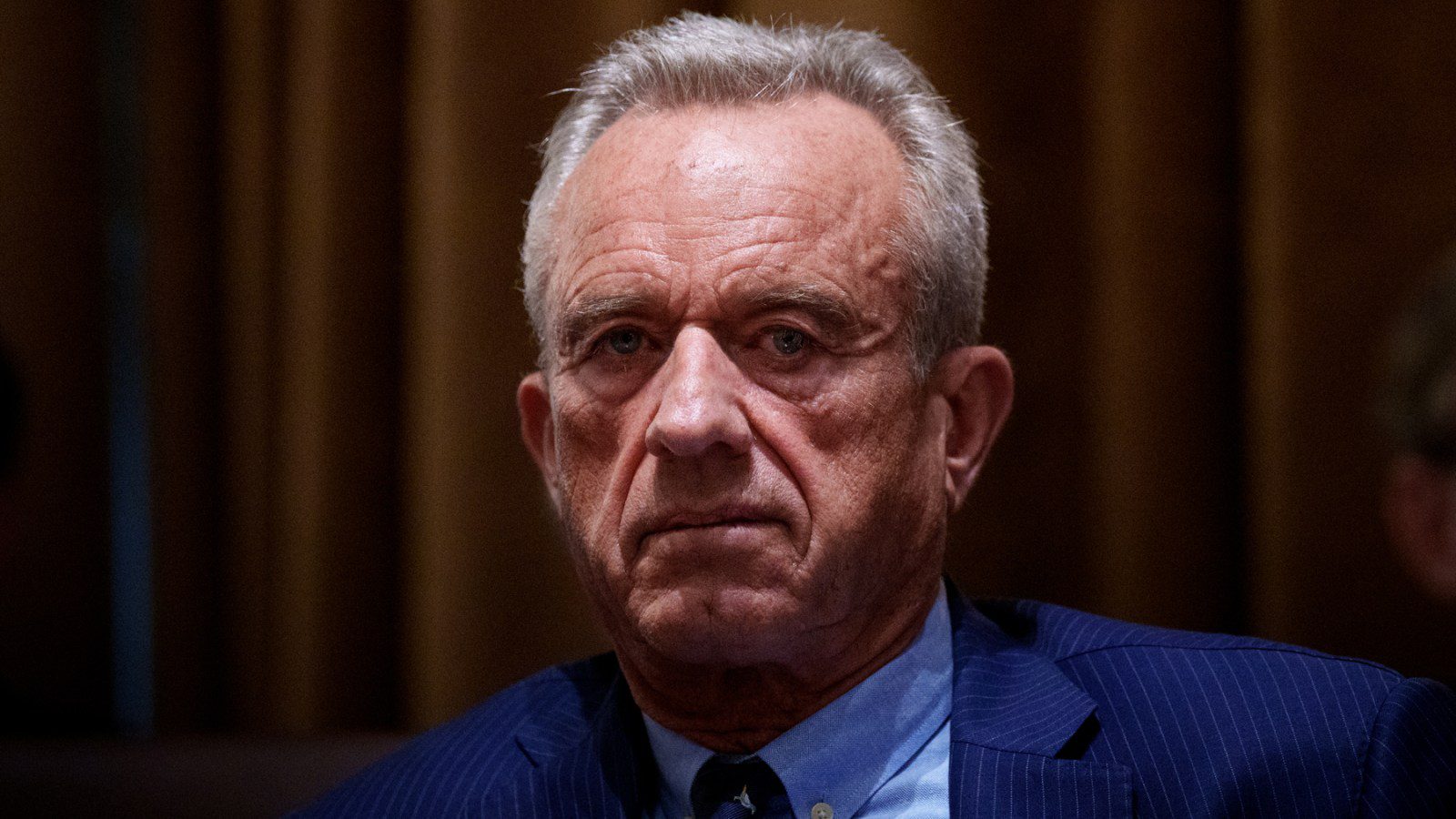
The Food and Drug Administration (FDA) has unexpectedly canceled an important meeting of the Vaccines and Related Biological Products Advisory Committee (VRBPAC). This annual gathering, typically held in March, plays a crucial role in deciding which influenza strains will be included in the upcoming year’s vaccine.
This abrupt meeting cancellation has raised concerns among federal health agencies regarding the future of vaccination programs under the Trump administration and the leadership of Health Secretary Robert F. Kennedy Jr., a well-known figure skeptical of vaccines.
Dr. Paul Offit, a member of VRBPAC, shared with CNBC that the decision to cancel the meeting was made without much clarification on Wednesday afternoon. He posed crucial questions: “Who is responsible for this cancellation? Why was the meeting called off? Will manufacturers now rely on the World Health Organization to select the strains for this year’s flu vaccines?”
Dr. Offit further emphasized in a separate interview with The New York Times, “It’s a six-month production cycle. One can only conclude that we won’t be selecting flu strains for this year.”
Earlier this month, a scheduled meeting of the CDC’s Advisory Committee on Immunization Practices (ACIP), intended to vote on important recommendations for the CDC’s flu prevention strategies, was also suddenly “postponed.” No new date has been announced.
The current flu season of 2025 has proven to be particularly severe, with the Centers for Disease Control reporting “at least 33 million cases, 430,000 hospitalizations, and 19,000 fatalities due to flu so far this season.” According to the CDC, this year’s flu outbreak is the most intense the nation has faced in 15 years, underscoring the urgent need for preparation for the next flu season.
Immediately after taking office, Kennedy addressed the staff at the Department of Health and Human Services, announcing that they would be examining subjects previously considered “taboo or insufficiently analyzed.” He emphasized that “nothing will be off limits,” covering topics like the childhood vaccine schedule, electromagnetic radiation, glyphosate, artificial food additives, and more.
Reports indicate that earlier this month, Kennedy began efforts to reorganize members of vaccine advisory committees, including VRBPAC, whom he viewed as having conflicts of interest, according to a report from Politico.
Recently, Kennedy faced public backlash for downplaying the seriousness of a measles outbreak in Texas that resulted in the tragic death of at least one child — the first measles-related fatality in the U.S. since 2015. During a Cabinet meeting, he remarked, “It’s not unusual to have measles outbreaks every year.”
With both influenza and measles presenting uniquely severe viral challenges in the United States, there are growing concerns about Kennedy’s qualifications to address these public health threats.









